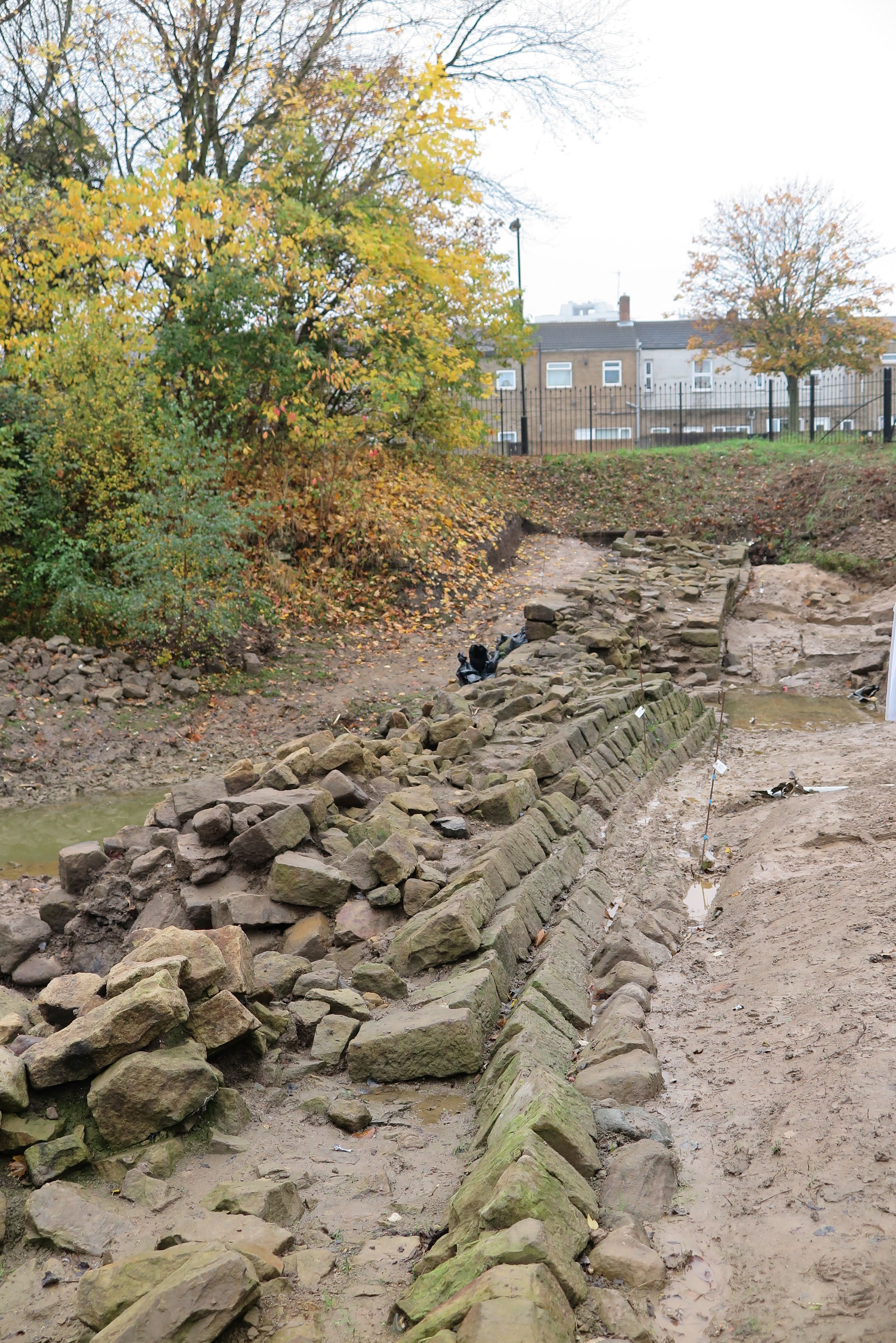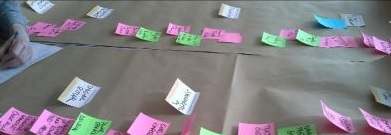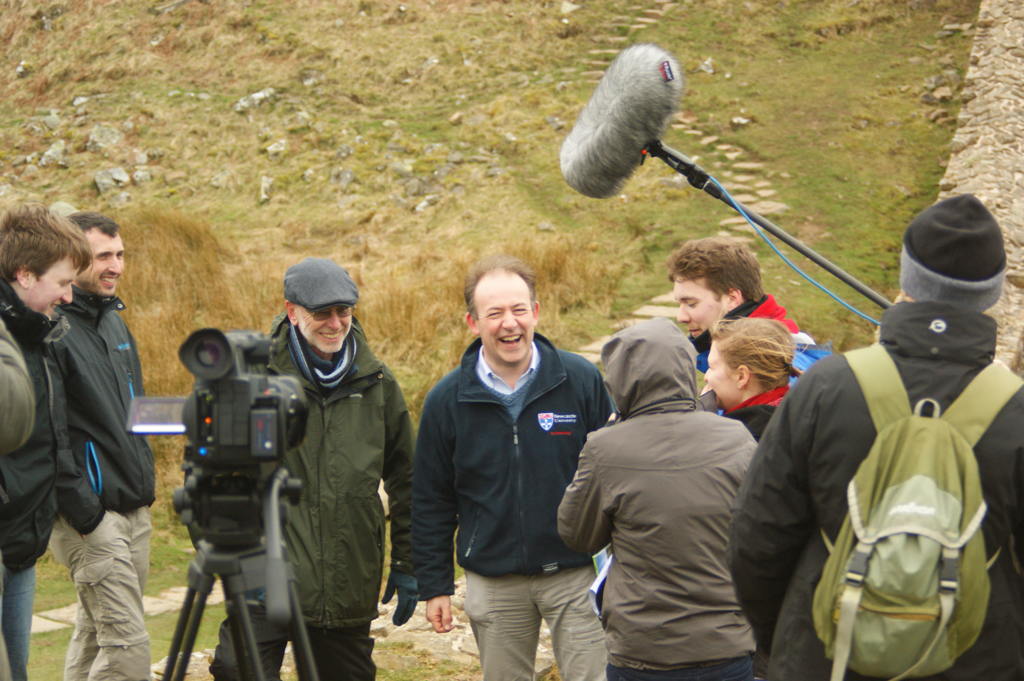With the third run of our Hadrian’s Wall: Life on the Roman Frontier free online course in full swing on FutureLearn, we asked our Lead Educator, Professor Ian Haynes and Educator, Dr Rob Collins what fascinates them about the World Heritage site, here on our doorstep in Newcastle upon Tyne. Here are their responses:

Now I must confess that there are times when a walk along the Wall lifts my heart and moves me to poetry. I shall not offer a sample here; my spontaneous compositions would only disappoint, but there is something about the Wall in its landscape setting that is so dramatic it is hard not to be moved by it all. This poetic impulse of course wrestles with another darker perspective. The Wall witnessed many acts of brutality in its long history; in a profound sense it monumentalised division.
Yet if I were to discuss what I find most enduringly intriguing about the Wall, I would have to say that the answer lies somewhere between a love of the Border Country’s beauty and an awareness of its savage past. And it may not surprise you at all that this fascination would concern one of my particular specialities, the auxiliary units and their families, the communities that sustained Rome’s presence on the northern frontier. The place the auxilia occupy not simply on the Wall, but in the wider story of the Roman Empire is something I sought to convey in my book Blood of the Provinces. I can put my fascination with these groups no better now than I did when I wrote that book back in 2013:
‘Marginalised even in many studies of the Roman army, themselves marginal in so much of contemporary scholarship of empire, auxiliary soldiers and the formations in which they served are both classic products and vital instruments of the empire’s ongoing capacity to incorporate the diverse into the whole. They are, furthermore, the invisible made visible. Our knowledge of rural settlement has grown dramatically through major survey projects and innovative excavation in the last few decades, but all too often, students of the empire find themselves at a loss when they seek to address the fate and experience of the mass of the provincial population. In many provinces, the lives and beliefs, homes and graves of the majority have received scant scholarly attention. Yet those who enrolled in even the humblest units of Rome’s armies – the auxilia – become much more accessible to modern researchers. Partly as a result of the very nature of material culture in the provinces and partly as a result of academic fashion, there are vastly more data currently available for these men and their families than those they left behind in the empire’s villages’. Hadrian’s Wall provides some of the richest data for these people, so often treated as the poor relations to Rome’s celebrated legionaries and to my mind so much more fascinating. Working on the Wall, I am constantly encountering their legacy, and repeatedly intrigued by Rome’s capacity to build an empire out of such diverse peoples.
If Ian’s enthusiasm for his subject isn’t enough to get you interested in studying archaeology more, or joining one of our Hadrian’s Wall study tours then perhaps Rob’s passion for the frontier communities in the late Roman period will inspire you?

Try as I may, I’m not sure I can clearly explain why I love Roman frontier studies and Hadrian’s Wall in particular. For me, it is an interplay of many different aspects. At the foundation is a passion for archaeology – I like the puzzle-solving element of it, and the fact that there are new discoveries every year. Added to this is the frontier element. I know people are astounded by the huge temples and aqueducts that the Romans built, but I find the mix of Roman and native that you find in the provinces much more intriguing – the interplay of imperial culture and local tradition and understanding of this important foreign power. And the army magnifies this aspect, but all in the crucible of a military institution. And finally, I’m particularly keen on the later Roman Empire. I find it to be richer and more interesting than the early imperial period, with new forms and expressions of power and culture emerging as a pre-cursor to medieval Europe. So if you add all these separate strands together into an ‘intellectual rope’ – you get my real passion: the limitanei of Hadrian’s Wall (a frontier and its soldiers) in the late 4th and 5th centuries (late Roman Empire). From the outside, the whole scenario looks a bit like a tangled mess, but being able to wade in with research and tease out solutions to problems, or identify how we can solve a problem stimulates both the creative and the analytical. It’s great!






